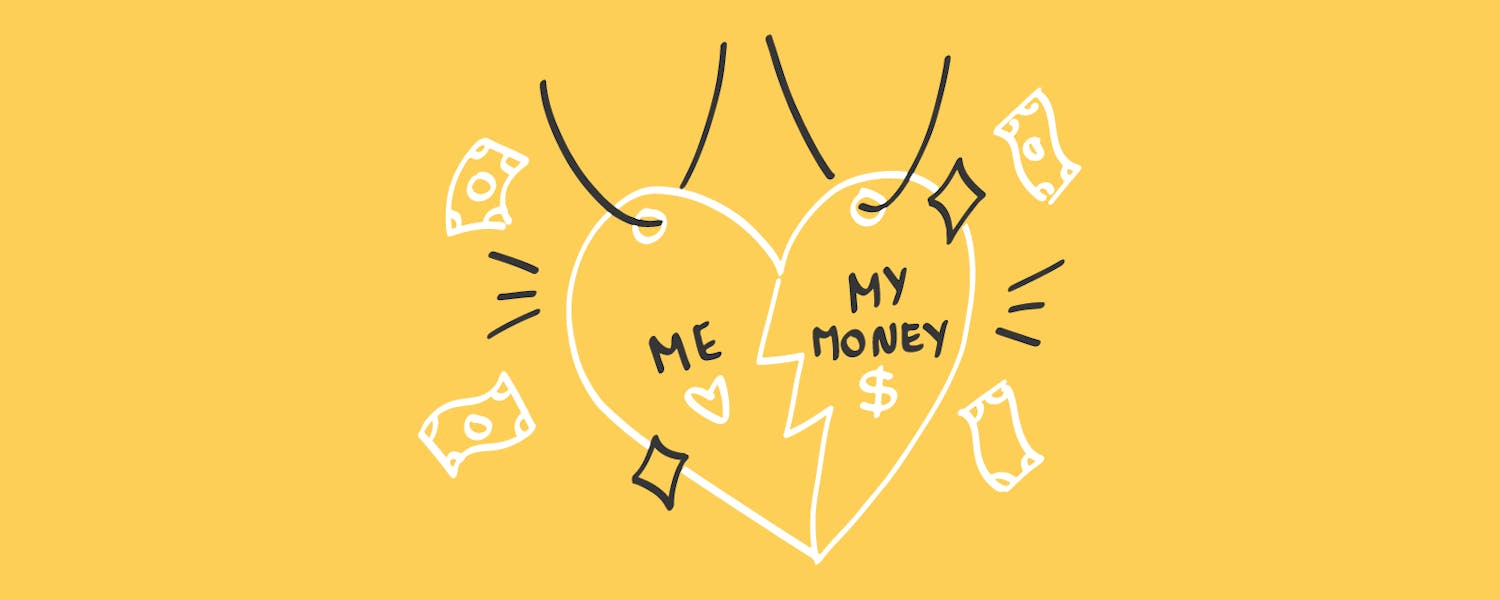Your new bff's: Budget and Emergency Fund
The scenario of a perfect life would be to always have money and not suffer any unexpected event (like an accident, a hurricane or a whole new pandemic scenario).
With all that happened with the Covid-19 pandemic, it made people reflect on how prepared they are to face unexpected events, and I realized that there are people who live thinking that nothing bad will ever happen.
Let's think about it: are you really prepared for unexpected moments?
What is the use of budgeting and emergency funds?
- It serves to keep track of your fixed expenses (rent, services, groceries)
- To not spend more than you earn
- To know how much your personal leisure cost
- To make your future plans real
- To be more organized in your finances and therefore, be calm
Tips to preserve your budget in "quarantine time".
- If they hire you for a freelance job, and they apply the “Oh, we're sorry, but we don't have that much budget”.
Ask for the total cost of your rent or groceries and don't negotiate going down from that. - In case you have to buy more groceries, and you cannot leave the house, get creative and improvise with what you spend on your ideal weekend. Avoid panic spending.
- If you start to earn more, try not to increase your expenses because it always happens that “the more you earn, the more you spend”.
Make sure your budget sticks.
Increase your quality of life
Divide that increase into an investment or into something you really need, like a piece of furniture that isn't a gift from your parents' house.
How do I create an emergency fund?
1. Look at the total of your expenses per month. Let's call it the supreme budget.
Experts say that an emergency savings should be at least 3 months of what you earn.
Be reasonable and see where you can cut costs. So that it isn't so sudden, save gradually from each project or payroll, example:
One month 5%, second 10%, third 15% and so on or if you're looking for something easier to start with, you can try the 52-Week Savings Challenge.
"If you have extra income, enjoy half and save the other."
2. If you have a fixed income, add up how much it is per year, subtract your total costs for each month of the year and the left over is your emergency savings capacity.
3. Automate your savings
There are tools that “hide” that money from you so that in the future you can face months when you don’t know if you'll have a job or the ability to buy all the antibacterial gel you want, without getting into debt.
Your new BFF's will help you get through this moment of crisis with your feet a little more on the ground, and if you don't have these BFFs, use your free quarantine time to get your totals.





